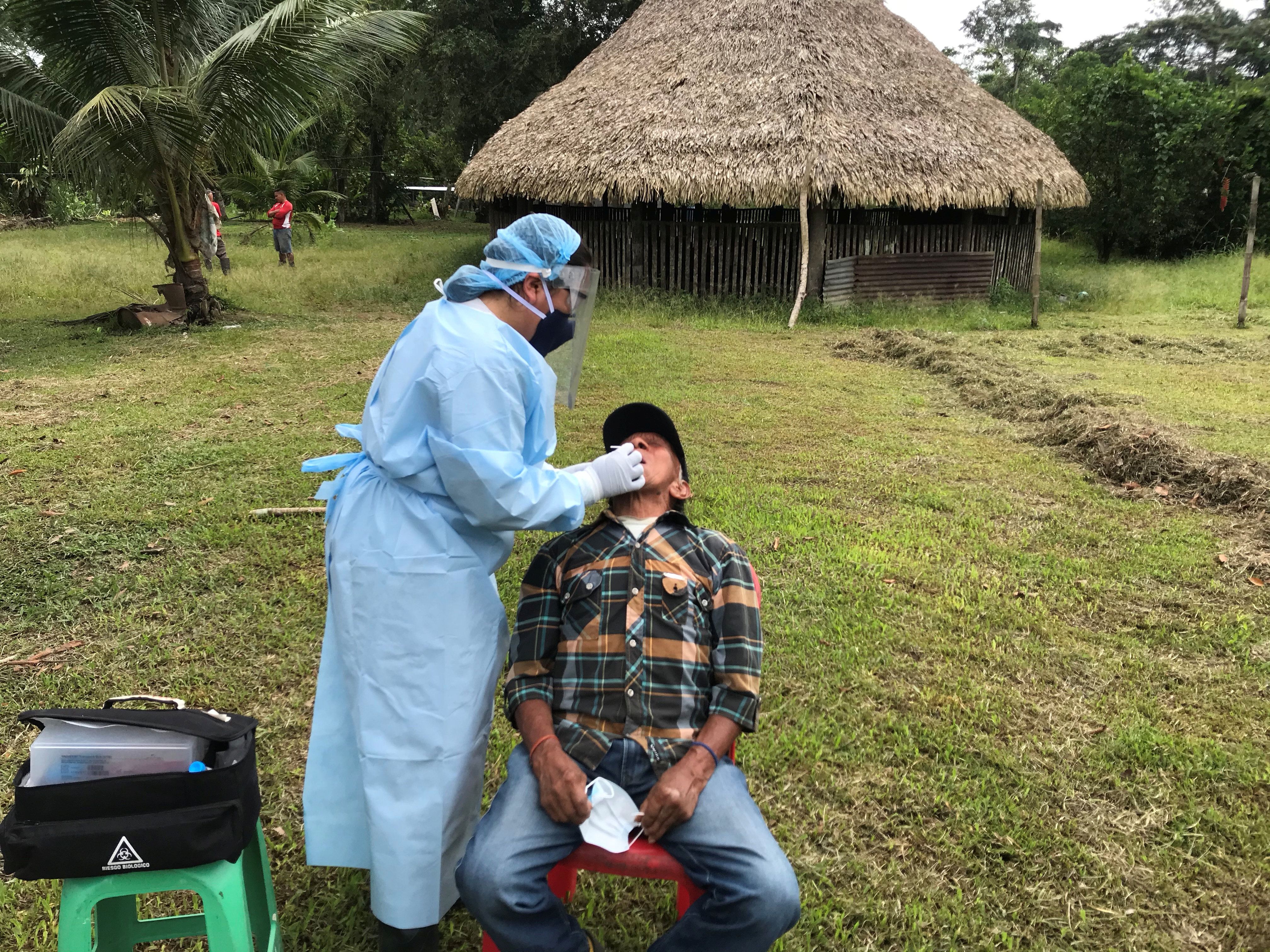Coronavirus Politics Daily: Rural Ecuador needs doctors, Greece's tourism slump, Nigerian doctors strike
Ecuador's dearth of doctors: When COVID-19 began to ravage Guayaquil, Ecuador's largest city, the government transferred medical workers from rural areas to the city to help overwhelmed hospitals deal with the surge in cases. But now as coronavirus cases pile up in small towns and fishing settlements along the nation's Pacific Coast, villagers say there are no doctors left to treat them or to prescribe medication. Anecdotal evidence reveals that many people with symptoms consistent with COVID-19, particularly those in rural areas where poverty is rife and access to healthcare was limited even before the pandemic, can't get tested for the infectious disease. In many cases, they have relied on natural remedies such as lemon and eucalyptus to manage their respiratory ailments in recent weeks. Community leaders say they have appealed to the health ministry for help but have yet to receive a response. Ecuador, which has one of the highest COVID-19 caseloads in Latin America, has recorded almost 3,000 deaths from the disease, but authorities acknowledge that, given the state of the country's overstretched healthcare system, the death count is likely much higher.
Greece's tourism slowdown: The summer months usually bring about two million visitors to the island of Santorini, Greece's most popular holiday destination, pumping cash into the country's economy. But with travel paralyzed by coronavirus lockdowns, the global health crisis could be particularly catastrophic for Greece, whose tourism industry employs some 700,000 workers and accounts for a fifth of GDP. (Greece's tourism sector brought in a whopping 18 billion euros in 2019.) The current downturn threatens to send Greece back to the ruinous state seen at the height of the debt crisis a decade ago, economists warn. The EU predicts that Greece's economy will shrink by 9.7 percent this year, one percentage point more than at the height of the eurozone crisis. Athens, for its part, is pushing the EU to come up with bloc-wide rules that will allow tourism to ramp up again in the near-term, while keeping both travelers and locals safe from infection. But even if people are allowed to venture out on holiday, it's unlikely that large numbers will feel comfortable traveling abroad for a vacation before a COVID-19 vaccine is widely available.
Nigerian doctors strike Lockdowns are meant to help countries "flatten the curve" to ensure hospitals aren't overwhelmed by surging numbers of infected patients. The plan is less effective, however, if it also keeps doctors from getting to work. That seems to be what's happened in Nigeria's sprawling commercial capital city of Lagos, where doctors are going on strike to protest detentions by police who are overzealously enforcing a new curfew. The local doctors' association says that even ambulances carrying sick patients through the city of 17.5 million have been stopped by cops. The problem seems to stem from confusion about who is exempt from new restrictions on movement. Nigeria has so far confirmed 6,400 cases of COVID-19, with 192 fatalities. The country's death rate of 0.10 per 100,000 is currently one of the lowest in the world, but there is reason to believe that many COVID-related deaths haven't been properly counted.
